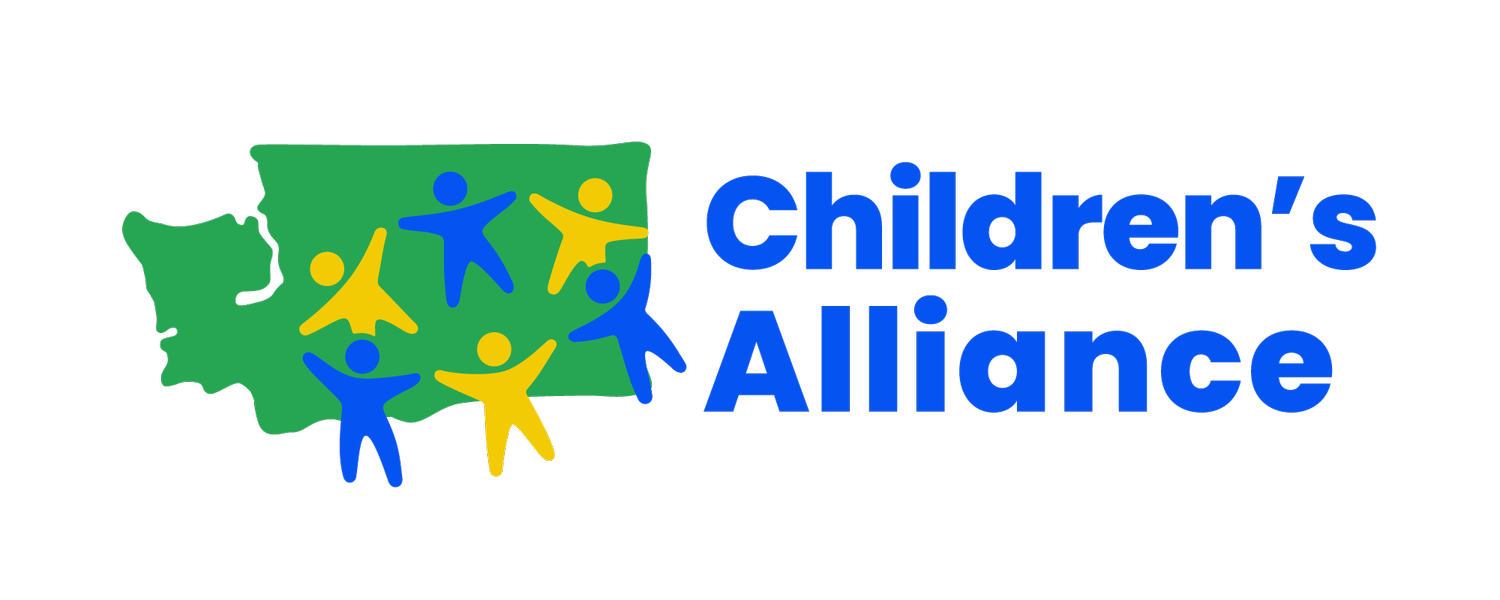DIGITIAL MEDIA COMPANIES MUST PRIORITIZE YOUTH MENTAL HEALTH OVER PROFIT
Over 50% of teens say that it would be difficult for them to give up social media. Forty-six percent say they use the internet “almost constantly.” One in three adolescents report using social media past midnight on school nights. Over one-third of teens admit that they use social media too much.
These are clear indicators that many young people are experiencing symptoms of addiction relating to their use of social media. This is by design. Social media platforms use addictive feeds to target young people and maximize engagement on their platform. This is their core business model. But this use of addictive feeds is having a measurable negative effect on young people.
With only 3 hours of social media use each day, the risk of depression and anxiety in kids doubles.
Frequent use is associated with poor sleep and struggles in school.
Young people's body image is also harmed significantly by what they see on social media,
Roughly two-thirds of teens are exposed to hate-based content online.
So what can we do about it?
The answer is relatively simple: make social media companies provide safer experiences to kids. Our bills House Bill 1834/Senate Bill 5708 do this in a number of ways, including:
Prohibiting social media platforms from pushing content to kids at night and during school
Requiring that social media companies implement reasonable age estimation procedures to young people can have a safer experience by default
Ensuring that tools and resources available for kids and families are provided in plain, clear language
Notifying minors when their data is being gathered or their location being tracked
Prohibiting social media companies from profiting from data gathered on minors
These tools will protect kids’ and families’ right to choose how they engage with social media and ensure that the harms to mental and behavioral health are minimized. HB 1834 and SB 5708 will also improve data privacy for kids and ensure that minors who use social media are given the safest experience from the start. These are proven strategies that research shows can be up to 40% as effective as clinical intervention at promoting emotional wellbeing. We know this works, and we have the opportunity now to make it a reality for Washington’s kids.
Support HB 1834 and SB 5708.
If you have a story to share about the impacts of social media please contact us at action@childrensalliance.org

